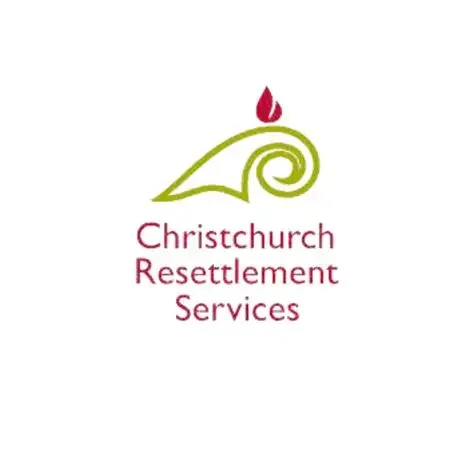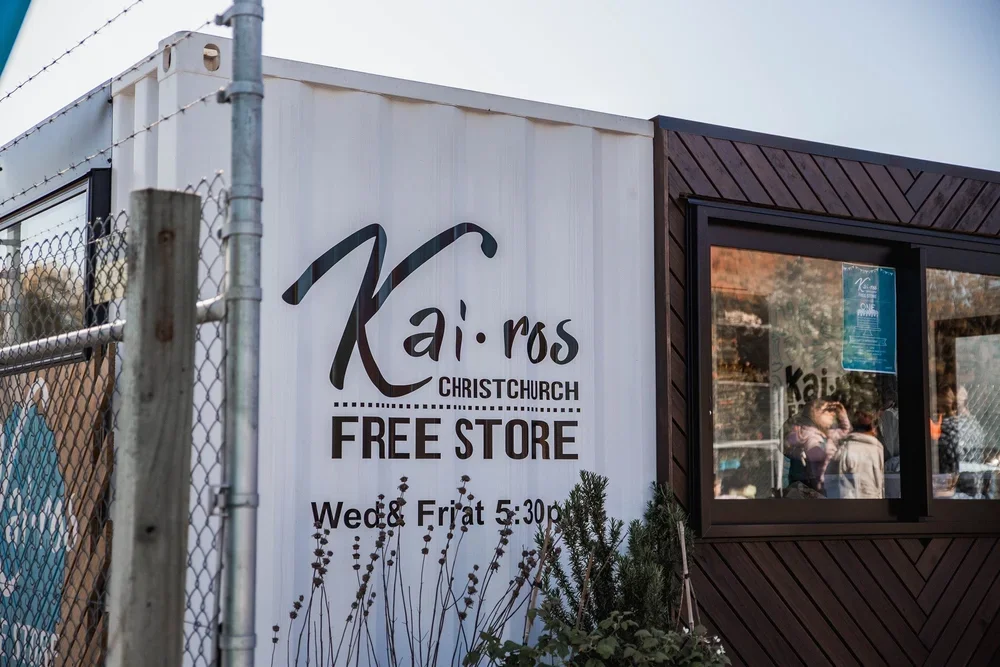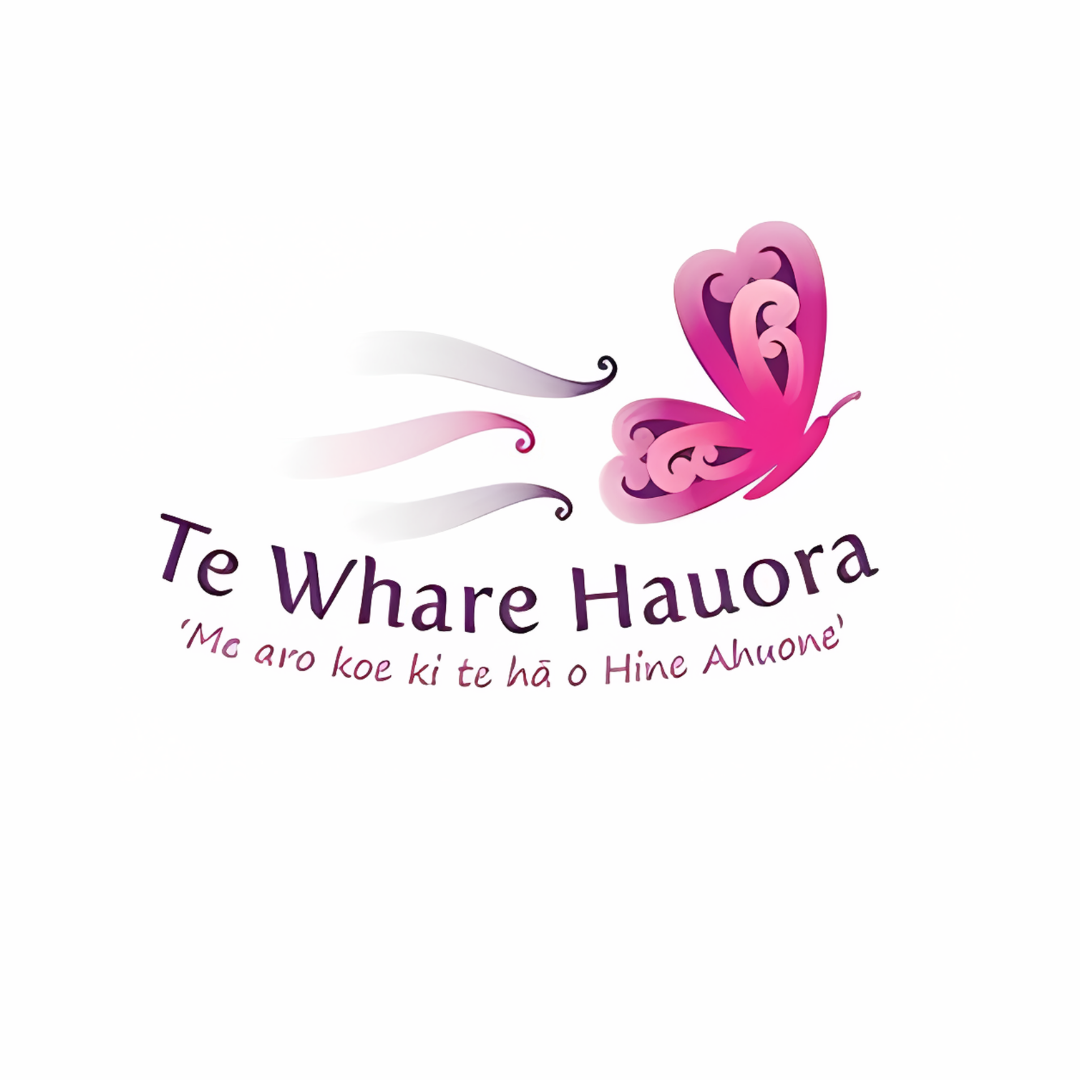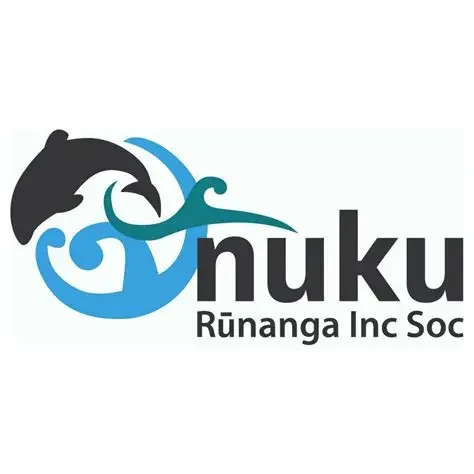Whānau Awhina - Plunket
We're here to support you and your tamariki to get the best possible start in life
-
For appointments and general enquiries, call us free on 0800 184 803.
Looking for a Plunket service near you?
Search for Plunket near you to contact your local Plunket or enquire about room hire at a specific Plunket site.
Need to get in touch with someone at Plunket?
You can use the Plunket near me search to find your local Plunket clinic and view contact details, or call our admin line free on 0800 184 803.
Whānau Āwhina Plunket is a charity and Aotearoa New Zealand’s largest support service for the health and wellbeing of tamariki under-five and their whānau. Everything we do is to support whānau and their tamariki to thrive.
For more than 110 years it's been our privilege to walk alongside families and help children in Aotearoa get the best possible start in life, especially in the first 1000 days. You can find out about our history and vision, how we advocate for whānau all around Aotearoa New Zealand, our incredible team (and how you could join it), and how you can get in touch. To read more about Whānau Āwhina Plunket and what services we offer click here.
What we offer
Plunket offers free health and development checks, a 24/7 parenting helpline, and a range of local services.
Plunket believes in partnership and walking alongside whānau. We’re here to listen and to support you with what you need – not to judge, or to tell you what you 'have' to do. If you're pregnant or have just had a baby and want to enrol your child with Plunket, click here.
Browse these pages to find out about our different services - from Plunket nurse appointments to our different community services, education in schools, and much more.
Plunket in your Community - https://www.plunket.org.nz/plunket/what-we-offer/plunket-in-your-community/
Antenatal Education & Support - https://www.plunket.org.nz/plunket/what-we-offer/antenatal-education/
Parenting Education & Support - https://www.plunket.org.nz/plunket/what-we-offer/parenting-education-and-support/
Drop-in Clinics - https://www.plunket.org.nz/plunket/what-we-offer/drop-in-clinics/
B4 School Check - https://www.plunket.org.nz/plunket/what-we-offer/b4-school-check/
Education in Schools - https://www.plunket.org.nz/plunket/what-we-offer/education-in-schools/
Live Chats - https://www.plunket.org.nz/plunket/what-we-offer/live-chats/
Pasifika Beatz - https://www.plunket.org.nz/plunket/what-we-offer/pasifika-beatz/
Being a parent
Being a parent is the most amazing - and challenging - job you'll ever have.
In this section you'll find out about:
what you need to do to prepare for your baby physically, emotionally, and financially - Preparing for your baby - Congratulations - you're going to be a parent!
different parenting styles - Parenting - Being a parent is one of the most important and rewarding things you’ll ever do.
parenting arrangements
parenting tips
tips for developing your relationship with your child
tips for dealing with challenging behaviour
In this section
Looking after you - There are many positive things that come with being a parent.
Family and whānau - Family life can be lovely, but it's not without its challenges.
Being a Dad - Dads, welcome to your Plunket Man Cave.
Learning Hub - Welcome to our new one-stop shop for resources to help you grow as a parent or caregiver.
Child development
It's exciting and fun to watch your tamariki grow and learn about the world around them.
In this section, you'll learn more about:
child development from babies to five years old
developmental milestones to watch for in your child
signs of a developmental delay and where to find support.
In this section
Milestones - Your little one can grow quickly.
Child development FAQs - As you watch your little one grow, you may wonder when will my baby crawl, walk, and talk?
Teeth - Your child’s baby teeth will help them eat and speak well.
Communication - Communication is the sharing of information using movement or words, and it's incredibly important for children’s development.
Play and learning - Play is how children learn and develop, and it also helps them express their emotions.
Caring for your child
Taking care of your child can be a full-time job. Learn more about how to keep your little one safe, clean, healthy and happy.
This section has tips to take care of your tamariki from birth to five years old.
In this section
Immunisation- There are a few diseases that can only be prevented through immunisation.
Hygiene and daily care - It can sometimes seem like a big job to keep your little one clean.
Feeding - Your tamariki needs different nutrients to grow and develop.
Safe sleep - Tamariki spend a lot of time sleeping.
Safety around the home - There are lots of hazards around the home that can hurt your tamariki.
Safety outdoors - Children love to play outdoors.
Burns and fire - Burns are a leading cause of injury for young children.
Chemicals and poisons - Poisoning is the third most common cause of hospital
Child health concerns and symptoms
Kids and babies sometimes get sick or may have a health issue that concerns you. Check your tamariki often when they're sick. If they're getting worse, or you're worried, call PlunketLine or your doctor. We are always here to help.
In this section
Taking care of a sick child - Your child will need some extra love and care while they are sick.
Skin issues - Did you know that the skin is your child's largest organ?
Diseases - Your child may get a disease that requires extra care, and possibly a visit to the doctor.
Crying - Crying is one of the main ways your baby communicates with you.
Stomach and gut - Tamariki can have stomach aches and bugs just like adults.
Allergies - Approximately five to 10% of New Zealand children have a food allergy.
Lice and worms - Head lice and worms are very common in kids and can usually be managed effectively at home.
Fits and seizures - Kids can sometimes have a seizure when they have a fever.
Developmental conditions - Every child develops differently and some children will have a developmental condition that affects their learning, behaviour and social skills.
Injuries and emergencies - We do everything we can to protect our tamariki, but sometimes they still get hurt.





